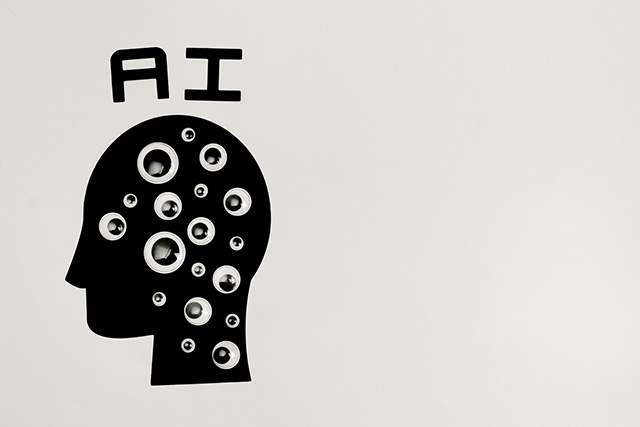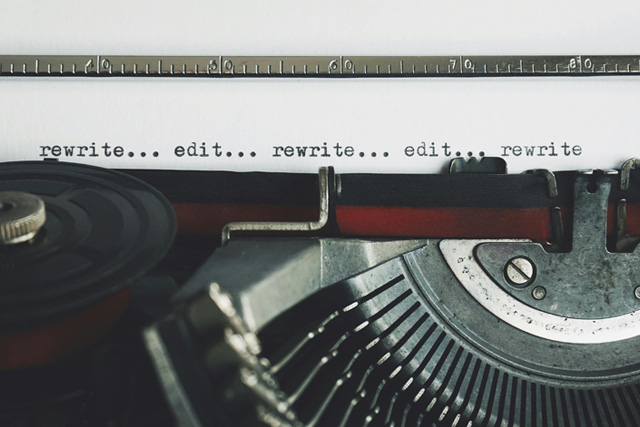Understanding AI Book Translation Risks for Authors
In today’s fast-paced publishing world, using AI for translation seems tempting. It’s fast, affordable, and easily accessible. But if you’re an author serious about your craft, relying solely on AI book translation risks losing the heart and soul of your story.
AI translation tools, also called neural machine translation, have come a long way. They work well for simple, transactional text. But your book isn’t just text—it’s a nuanced, an emotional journey that deserves more than word-for-word conversion.
Let’s explore the risks of using AI to translate your book and why a professional human translator is still the best choice.
The Main Problems of AI Book Translation
Subject Clarity
In English, “you” can be singular or plural, formal or informal. In German, there’s a clear distinction between “du” (informal singular), “ihr” (informal plural), and “Sie” (formal). AI often selects the wrong form, leading to awkward or inappropriate phrasing.
Gender Accuracy
English doesn’t assign gender to roles like friend, lover, or client, but German does. AI frequently guesses incorrectly, making your characters sound inconsistent or inaccurate.
Context Sensitivity
Phrases like “What’s on your mind?” could have multiple translations depending on tone, relationship, or situation. AI tends to choose the literal meaning, missing the subtleties that make your writing shine.
Stylistic Repetition
AI doesn’t recognize when words or phrases are overused. A human translator will spot these repetitions and select more elegant synonyms, keeping your writing engaging.
Humor and Wordplay
Puns, jokes, and cultural humor rarely survive literal translation. AI can’t rewrite them creatively to fit the new audience. A human translator will adapt your humor while keeping your original intent.
Tone Inconsistency
AI struggles to maintain a consistent tone, especially in long-form content like novels. Characters may sound robotic, and emotional arcs can fall flat.
Cultural References & Localization
Your story may include holidays, idioms, or pop culture references that need adjusting. AI won’t localize them properly, leaving your readers confused or disconnected.
Emotional Nuance
AI lacks emotional intelligence. It cannot sense the emotional weight of your scenes or make language choices that reflect subtle shifts in mood and atmosphere.
Editing Blind Spots
AI won’t ask you questions about your plot, clarify ambiguous passages, or suggest improvements. A human translator becomes a second pair of creative eyes.
Errors in the Source Text
AI tools struggle when your original manuscript contains mistakes like typos, missing punctuation, or unclear phrasing.
Instead of flagging these issues or clarifying meaning, AI blindly translates the error, sometimes making it worse in the target language. A human translator, however, can spot such errors, ask questions, and often suggest improvements—saving you from embarrassing mistakes in your translated book.
Sentence Structure Differences
German tends to be more detailed and often uses more words to express the same idea as English. It’s common for one English sentence to naturally expand into two or more sentences in German to maintain clarity and flow. AI translation tools often try to mirror the source sentence structure too rigidly, which can make the translation feel unnatural or awkward. A human translator will adjust sentence length and flow to suit the expectations of German readers, ensuring the text is smooth and well-crafted.
Unit Conversion and Measurements
When your book includes measurements from the non-metric system — such as feet, yards, miles, or Fahrenheit temperatures — AI tools usually leave these units unchanged. However, German readers expect the metric system, like meters, kilometers, kilograms, and Celsius. A human translator will not only convert these units accurately but also ensure they make sense in the context of your story. Whether it’s a character’s height, the weather, or distances in your novel, proper localization improves readability and keeps your audience immersed in the story.
Poetry and Rhyme Challenges
Poems, rhymes, and lyrical language are some of the most complex forms of writing to translate — and AI tools are almost entirely unequipped for the task. AI focuses on direct, literal translation and does not consider rhythm, rhyme schemes, or poetic flow. As a result, the meaning might survive, but the artistry and beauty of your verse will be lost. A human translator, especially one with literary expertise, can recreate the rhythm and rhyme in the target language, ensuring your poetry retains its emotional and aesthetic impact.
Legal and Copyright Risks
AI doesn’t guarantee copyright compliance or proper accreditation. A professional translator will ensure the translation adheres to legal standards and credit guidelines.
👉 Read more: Legal Requirements for Publishing in Germany
📊 Comparison Table: AI Translation vs. Human Translator
| Aspect | AI Translation | Human Translator |
|---|---|---|
| Subject Clarity | Often incorrect pronouns or formalities | Accurate, audience-appropriate choices |
| Gender Accuracy | Frequently mistakes gendered words | Contextual, correct gender use |
| Tone Consistency | Robotic or uneven tone | Maintains emotional flow and voice |
| Humor & Wordplay | Literal, ineffective translations | Creatively adapted for the target audience |
| Cultural Localization | Misses references or idioms | Adapts cultural elements naturally |
| Editing & Quality Check | Blindly translates errors in the source text; no suggestions for improvement | Spots typos, missing punctuation, and suggests improvements |
| Sentence Flow & Structure | Rigid, mirrors original too closely | Naturally adapts sentence length and flow for readability |
| Poetry & Rhyme Translation | Loses rhythm and rhyme | Recreates rhythm and rhyme creatively |
| Unit Conversion | Leaves non-metric units untranslated | Converts measurements appropriately for the target audience |
| Direct Communication | None—automated process | Collaborative approach, with feedback and nuance |
| Legal Compliance | No copyright or credit control | Ensures proper legal attribution |
Final Thoughts: Your Story Deserves More Than AI
Your book is more than just words on a page. It carries your voice, your emotions, and your unique style. While AI can assist in small ways, relying solely on AI for book translation risks flattening your story into a soulless, mechanical product.
If you want your readers to feel the same magic in every language, choose a human translator who understands storytelling, culture, and the art of writing.
👉 Ready to translate your book with care? Reach out here for a personal consultation.





